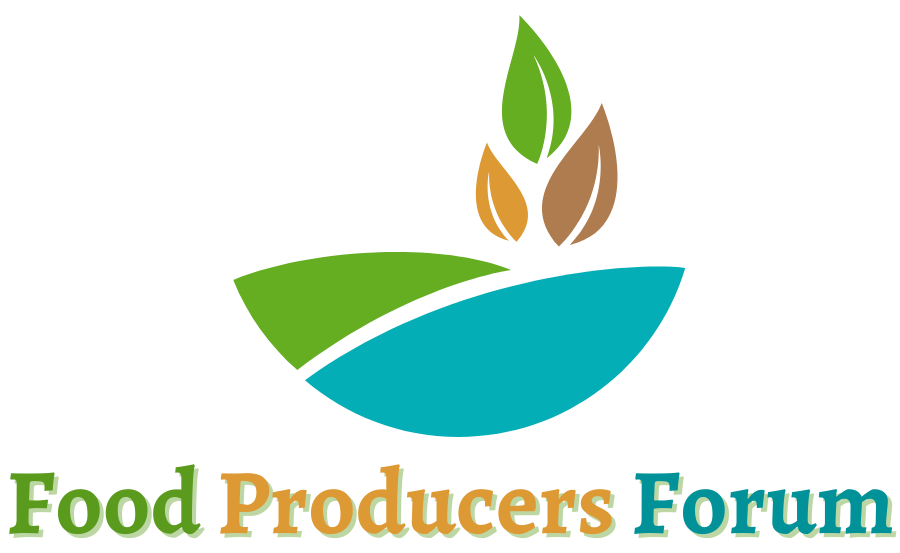In 2020 my pandemic novel VIRAL was published. I like to describe VIRAL as speculative fiction. The story isn’t really science fiction or fantasy and it wasn’t intended to be about reality. Speculative fiction asks the question “what would happen if something in the world changed?”
The situations that VIRAL speculates about are the possibilities of both a viral pandemic and the island of Newfoundland being completely closed off from the rest of the world.
The idea of a global pandemic turned out to be much more than speculation. Shortly after I finished the book, COVID reared its ugly head, and the world has seen the results.
The pandemic described in VIRAL is much worse than what we have endured with COVID. One lesson that I think can be drawn from the book is that the situation we are currently in could have been very much worse.
On a scale of virulence, the corona virus ranks quite low when compared with some of the other agents that are out there. The fictional virus in VIRAL is a member of the filovirus family which contains such terrors as Ebola. These viruses can kill over 90% of the people who are infected.
With the severity of the disease in the world of VIRAL, the island of Newfoundland decides to completely close down. In reality, Newfoundland did limit access, but there was never even a consideration of completely cutting off physical contact with the rest of the world.
Writing a novel with a situation where an island did shut itself off offered interesting possibilities for the story. I wondered what consequences Newfoundland would suffer from complete isolation.
There would be problems for people trying to get to or from work outside of the island and tourism would suffer greatly.
Despite these very real concerns, I was convinced that the biggest threat to Newfoundland would be food shortages. In the real world of COVID, we didn’t suffer much. Shortages of toilet paper seemed to be most people’s biggest worry.
However, if the island ever did completely close, we would have serious food supply problems. In the book, people in Newfoundland starve. I don’t think that’s an exaggeration of what would happen if no food came in from outside. The only thing I think is inaccurate in the book is how long it took for serious problems to start. In reality, grocery shelves would be empty in a matter of days. For purposes of plot, it takes some time for the realities of food shortages to sink in. If Newfoundland ever got into a situation where no food came in, the dire consequences would be apparent very quickly.
In the past, Newfoundland could supply all of its own food, but we’ve become complacent. Everyone assumes that the trucks and ships will keep bringing supplies to us and we don’t need to worry about providing our own produce.
Perhaps one of the lessons of COVID should be that it is possible that an island like Newfoundland could be isolated from the rest of the world. We hope that nothing like that ever happens, but if it does, we will be in trouble if we aren’t able to feed ourselves.
This may be a time for Newfoundland to look at the reality of our dependence on sustenance from outside for its survival. A little more home grown food would be a wonderful idea.
This has been a guest blog on Food Producers Forum.

ANDREW PEACOCK was born in Toronto and raised in the town of Kapuskasing in northern Ontario. After finishing degrees in biology at Trent University and veterinary medicine at the University of Guelph he moved with his wife to the small fishing village of Freshwater on the island of Newfoundland. As a veterinarian he worked in a mixed animal practice from 1982 until 2010. His book “Creatures of the Rock” was published by Doubleday Canada in 2014. It was long listed for the 2015 Leacock medal for humour and won the Newfoundland and Labrador Books Award for the best non-fiction book of 2015. In 2017 the Vancouver Island Libraries Board included “Creatures” in its list of the 150 books Canadians should read. His most recent book, VIRAL, is a story of the effects of a pandemic on Newfoundland that was written before COVID,
